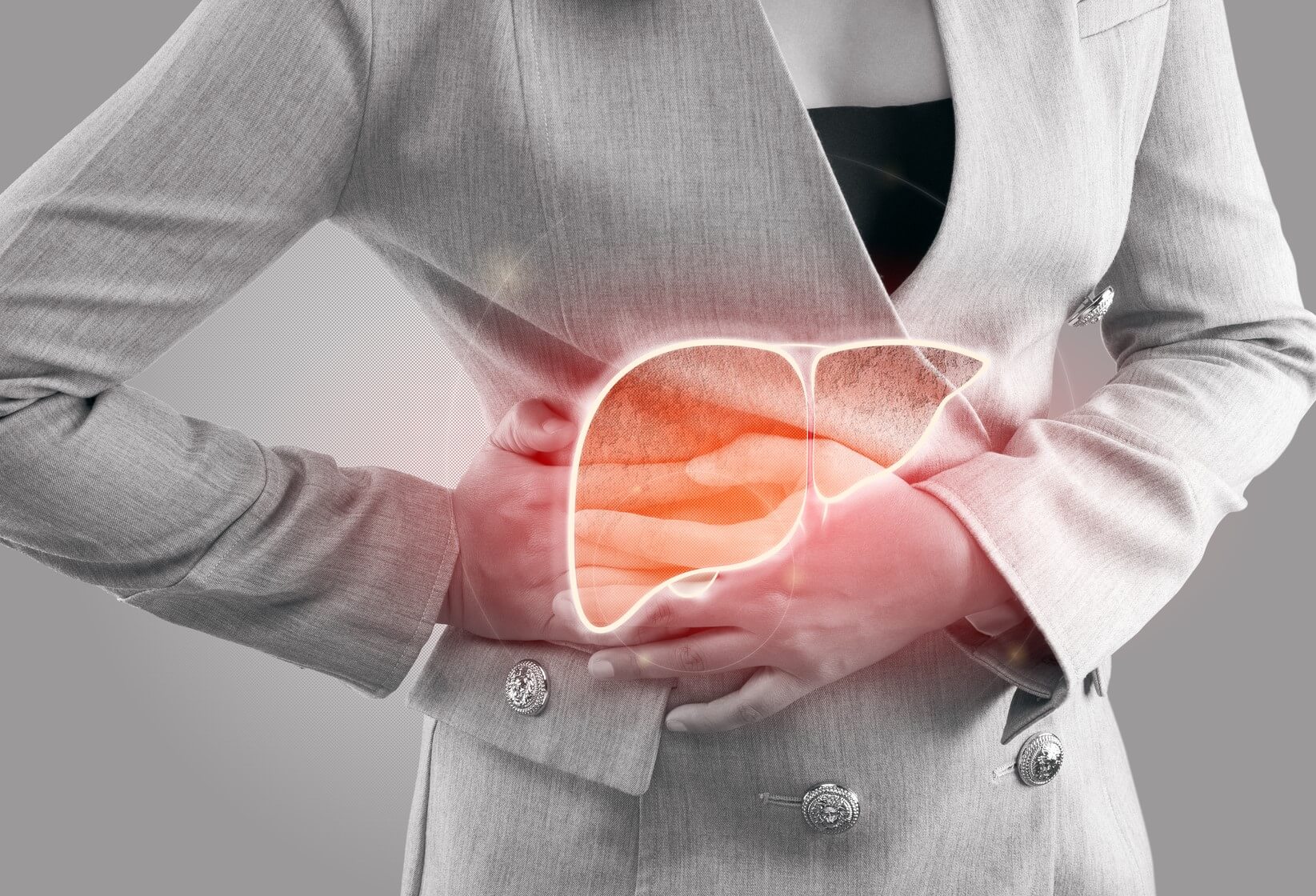Adolescents who eat potatoes have higher quality diets: Study
Mon 09 Aug 2021, 11:51:18

Washington: A recent research has suggested that eating potatoes can be an effective strategy to modestly improve the intake of key shortfall nutrients.
The results of the study were published in the journal ‘Nutrients’.
Compared to no potato consumption, results showed that eating potatoes in any form (baked, boiled, mashed, in mixed dishes and fried) was associated with higher intakes of several essential nutrients, including dietary fibre and potassium – two nutrients of public health concern – and improved nutrient adequacy.
“The potato is a nutrient-dense vegetable that provides important, critically under-consumed nutrients to adolescent diets,” said Victor Fulgoni, III, PhD and study co-author.
“Given their popularity–more than half (56 per cent) of those surveyed
reported eating some form of potatoes–there are opportunities to lean into these findings to make it easier for young people to find, cook and enjoy potatoes as part of a healthy dietary pattern,” added Fulgoni.
reported eating some form of potatoes–there are opportunities to lean into these findings to make it easier for young people to find, cook and enjoy potatoes as part of a healthy dietary pattern,” added Fulgoni.
Researchers gathered dietary information from 16,633 nine to 18-year-olds participating in the National Health and Nutrition Examination Survey (NHANES) 2001-2018.
This study used the Healthy Eating Index-2015 (HEI), a validated measure of diet quality, to determine how closely the participants’ diets adhered to the 2015-2020 Dietary Guidelines for Americans. Although differences in HEI scores between potato consumers and non-consumers were statistically significant, the changes were modest; for many nutrients, intake and adequacy improved with increasing potato consumption.
No Comments For This Post, Be first to write a Comment.
Most viewed from Health
AIMIM News
Latest Urdu News
Most Viewed
May 26, 2020
Should there be an India-Pakistan cricket match or not?
Latest Videos View All
Like Us
Home
About Us
Advertise With Us
All Polls
Epaper Archives
Privacy Policy
Contact Us
Download Etemaad App
© 2026 Etemaad Daily News, All Rights Reserved.

























.jpg)
.jpg)
.jpg)


